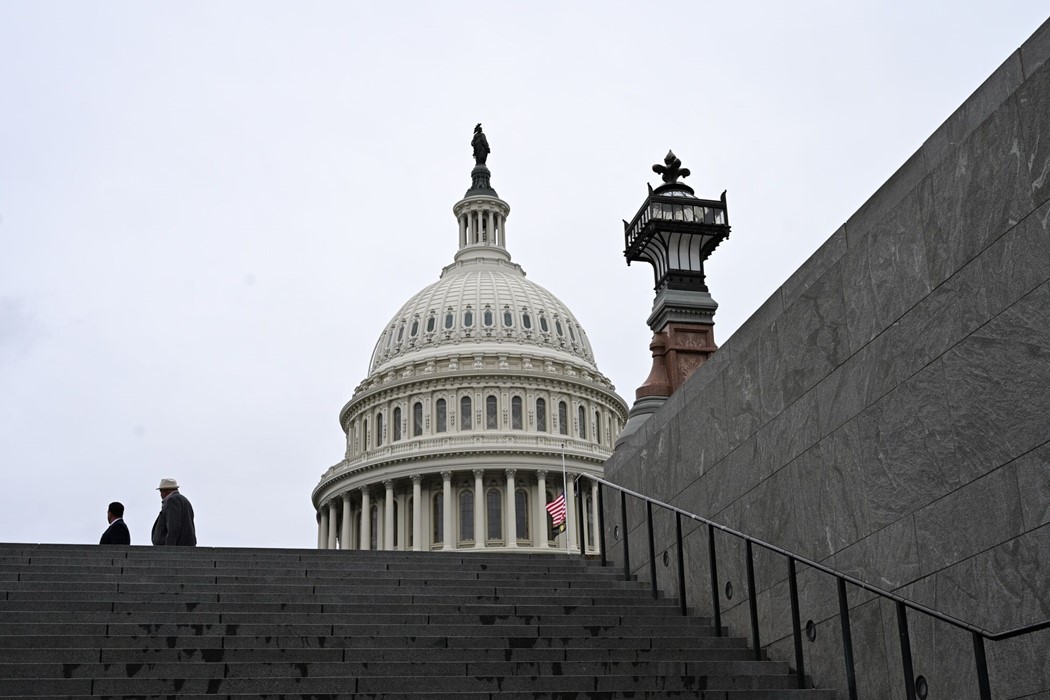GOP Ends Clean Energy Credits Years Earlier in Revised Bill
May 22, 2025 by Bloomberg(Bloomberg) -- Tax incentives for clean electricity production are set to end years earlier then initially proposed in a new version of the giant tax and spending bill released by House Republicans on Wednesday night.
The revised text marked an extended effort to win over party dissidents, including fiscal hardliners who wanted deeper cuts to a series of tax credits created under former President Joe Biden’s signature climate law.
The revisions include ending technology-neutral clean electricity tax credits for sources like wind and solar starting in 2029 and requiring those projects to commence construction within 60 days of the legislation becoming law. The initial version proposed by House Republicans had a longer phase-out time, allowing many of the credits to exist until 2032.
“They would probably amount to a hard shutdown of the IRA,” said James Lucier, managing director at research group Capital Alpha Partners, referring to Biden’s Inflation Reduction Act.
The revised draft also hastens more stringent restrictions that would disqualify from the credits any project deemed to benefit China. Under the new version, those restrictions, which some analysts have said could render the credits useless for many projects, would kick in next year.
At the same time, the revised bill restores “transferability” of a nuclear production tax credit, a move that would allow a project sponsor to sell tax credits to a third party, according to a summary of the changes. It also lengthens the among of time the credit remains in place by allowing projects that have started construction but aren’t yet operating to be eligible to receive them, the summary said.
The new bill also keeps the tax credits for advanced nuclear projects and expanding existing plants if construction starts by the end of 2028. It also would phase out a consumer tax incentive of as much as $7,500 for the purchase of electric vehicles.
The changes come on top of limitations on the energy credits that were estimated to save $560 billion in cuts in Inflation Reduction Act spending and could cripple the clean energy industry.
The legislation is the centerpiece of President Donald Trump’s second term agenda. However it faces a delicate path to become law, and may still be altered further.
In the House, Speaker Mike Johnson can only afford to lose three votes assuming all Democrats vote against the measure.
Meanwhile in the Senate, key Republicans have already balked at some of the House’s plans, saying they want longer transition times and other changes, even before the latest version cut those even further.
In a letter to leadership last month, Alaska Republican Senator Lisa Murkowski and three colleagues vowed to defend the credits and called for a “targeted, pragmatic approach.”
“I am watching right now to see how far the House goes,” Murkowski said in an interview on Tuesday.
The new version of the House measure doesn’t include a proposal to raise billions of dollars in revenue through the sales of hundreds of thousands of acres of public land in Nevada and Utah. The idea had come under fire from Representative Ryan Zinke, a Montana Republican, who said the issue was a red line for him.
(Updates with details of tweaks to tax credit for nuclear power)
©2025 Bloomberg L.P.
By


















